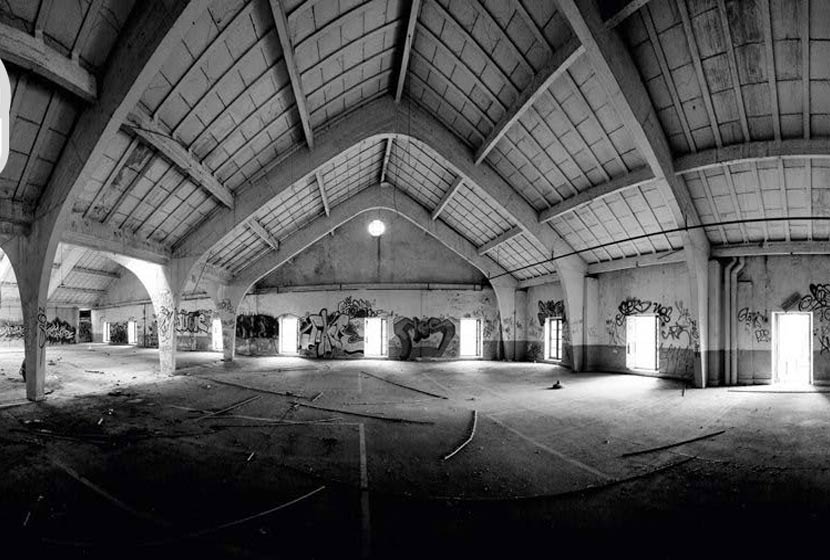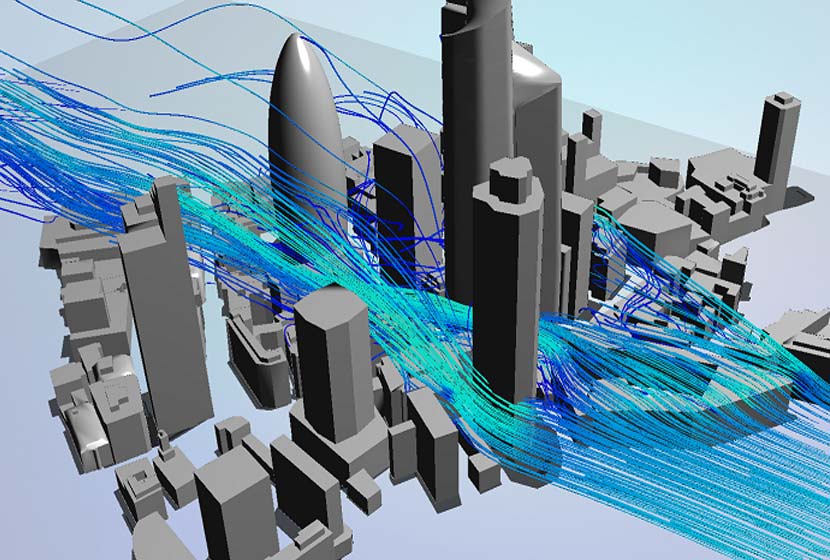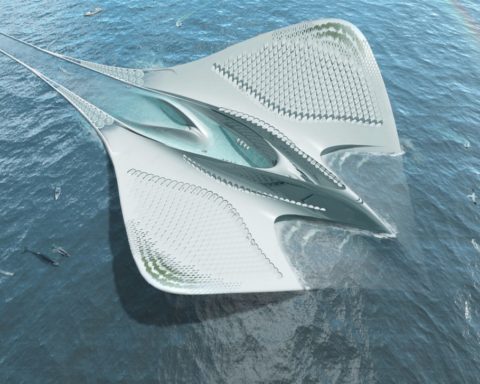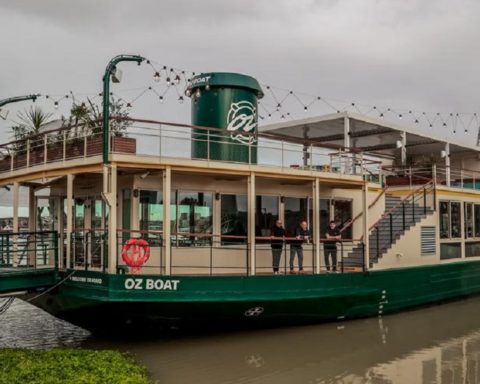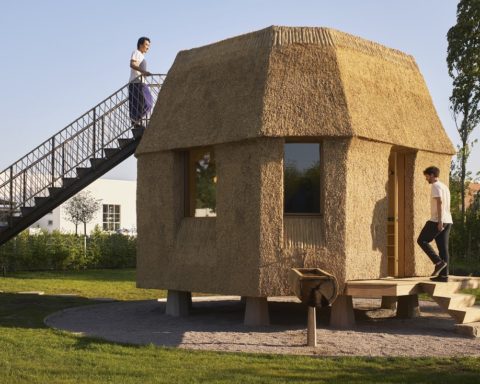The Darwin Project in Bordeaux intends to propose its vision of the intelligent city: a self-sufficient city that makes recycling and tinkering an art of living... By Francis Pisani, independent columnist.
Darwin just celebrated his second birthday. You read that right. Perhaps I should point out that this is a unclassifiable ecosystem installed in a former barracks on the right bank of the Garonne River in Bordeaux. One of the places from which the kind of intelligence our cities need every day emerges.
The hybridity of this space puts it in a category of its own. The palette is ambitious since it includes social and entrepreneurial innovation, urban ecology, frugal and bioclimatic architecture, territorial anchoring, urban cultures and economic development.
As far as economic cooperation is concerned, Aurélien Gaucherand, director of the foundation, believes that they have demonstrated that the solidarity and collaborative approach works. "Open logic creates development and we demonstrate this by relying on smaller, stronger, more resilient structures. » The premises are home to 120 small legal entities that often work together.
Citizen alternative
 The "green transition" that is important to them is illustrated by the fact that they operate at 100% with renewable energy. "We're out of the nuclear business." claironne Jean Marc Gancille, co-founder and driving force in this field. They also pride themselves on not " almost nothing left to put back on the road." thanks to their 20 waste recycling channels.
The "green transition" that is important to them is illustrated by the fact that they operate at 100% with renewable energy. "We're out of the nuclear business." claironne Jean Marc Gancille, co-founder and driving force in this field. They also pride themselves on not " almost nothing left to put back on the road." thanks to their 20 waste recycling channels.
The third major axis, the citizen alternative, consists in supporting multiple projects of non-profit associations, particularly in the field of urban cultures. Their great pride is a skatepark built, maintained and used by nearly 2500 members.
It works all the better because they work with the local fabric "by swarming rather than centralizing," says Gaucherand. "We need to pool our resources and create links. » As a new problem, they attract initiatives that are struggling to survive in their area and come to settle in their homes. Inclement logic of the networks.
Photo: Jean-Marc Gancille and Philippe Barre © Stéphane Lartigue for Sud-Ouest
A sober and frugal city
The relationship with the authorities can be grating. "We're like UFOs to local actors." says Jean Marc Gancille, " because we are innovative entrepreneurs and we claim a slowdown in growth far from the large, emblematic facilities. » Result: "We have never been able to do anything benevolent with the local authorities. » In addition, they do not rely on subsidies... "which does not prevent us from asking for them, particularly at European level," says Gancille. But they clearly want to generate income on an entrepreneurial basis, independent of public funds.
"We don't believe in the smart city in the technological sense," Aurélien Gaucherand explained to me. "We believe in a frugal and sober city, which recuperates the know-how, betting on the junk and low tech. "Jean Marc sees in the rest "a deadly headlong rush".
However, they are preparing to set up a "digital" kind of digital laboratory for the territory, whose objective is "...". to use digital technology as a means, as a source of efficiency, as an enrichment of our traditional manufacturing workshops. »
Getting out of comfort
 Perhaps most interesting is their conviction that they are settled (if I dare say so) in the temporary and in the provisional, in "permanent adaptation". The reference to Darwin is clear. They owe it to the fact that the barracks in which they find themselves are only loaned to them before being taken over by real estate developers.
Perhaps most interesting is their conviction that they are settled (if I dare say so) in the temporary and in the provisional, in "permanent adaptation". The reference to Darwin is clear. They owe it to the fact that the barracks in which they find themselves are only loaned to them before being taken over by real estate developers.
But it is also the great conviction of Philippe Barre, the co-founding entrepreneur who constantly takes them out of their comfort zone. "It gives us more space for freedom." explains Gaucherand. "There's a lot of things we can try. It's okay if it doesn't work. It invites us to re-create all the time. »
Perhaps the main thing is a question of method, approach, attitude. One of their most beautiful lessons, one of the easiest to understand in any case (perhaps not to assimilate) is that before embarking on a new task, defining a new project, a new mission, they never frame it in a set of specifications. They open up its potential in a "book of possibilities".
Francis Pisani, Independent columnist
On the same subject:
-• " Comment smart business is changing smart business city "
- Smart city: connected citizen intelligence
-• "I am a great believer in the potential of the social and solidarity economy."

